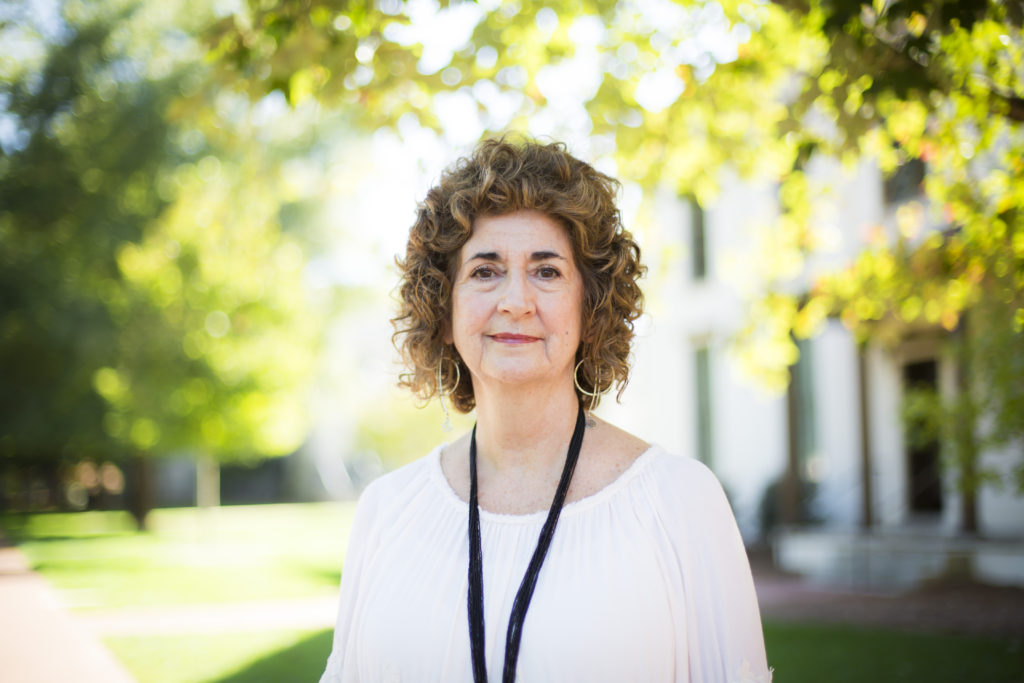Patti Owen-Smith, Oxford College of Emory University – Contemplative Practice

Patti Owen-Smith
What part does contemplation play in our academic institutions?
Patti Owen-Smith, professor of psychology at Oxford College of Emory University, discusses how more time for thought could benefit students.
Patricia Owen-Smith is a professor of psychology and women’s, gender and sexuality studies at Oxford College of Emory University. She was named a Carnegie Scholar in 2001 for her work on epiphanies in learning. Her areas of research have focused on women, children and poverty. She has been an active contributor the Association of Women in Psychology.
She recently completed The Contemplative Mind in the Scholarship of Teaching and Learning, which discusses the use of contemplative practices in the college classroom.
Contemplative Practice
The recognition that contemplative knowing and contemplative practices as intimately linked to deep learning enjoys a long history in our educational models and cultural histories. Yet, the rules of modern educational systems, from kindergarten through graduate school, impose a set of restrictions and mandates that disallow the flourishing of both contemplation and deep learning. The stillness and quiet necessary for thought development and deep intellectual inquiry become non-productive, a wasting of time, and a squandering of resources.
These losses result in costs that are profound for both the individual and the world we inhabit. Many of our educational reformers argue that the higher education we know today seems to reflect this legacy of loss.
Teachers in colleges and universities around the country are introducing contemplative practices into their classrooms noting that new ways of knowing and learning, those that respond to the entirety of students’ lives and to the issues that they are now navigating (and will navigate), are requisites for an education in the twenty-first century and a life of meaning and depth.
Contemplative practices are important means for accessing interiority. While there can be a multiplicity of specific practices integrated into the contemplative classroom, the central core of these practices is the disruption of unproductive habits allowing for the development and maturation of awareness and the cultivation of compassion. The distinguishing feature of contemplative practices is the emphasis on the student’s self-examination and the cultivation of this awareness of self and others. It is a way of knowing that attends to personal resonance and meaning making.


